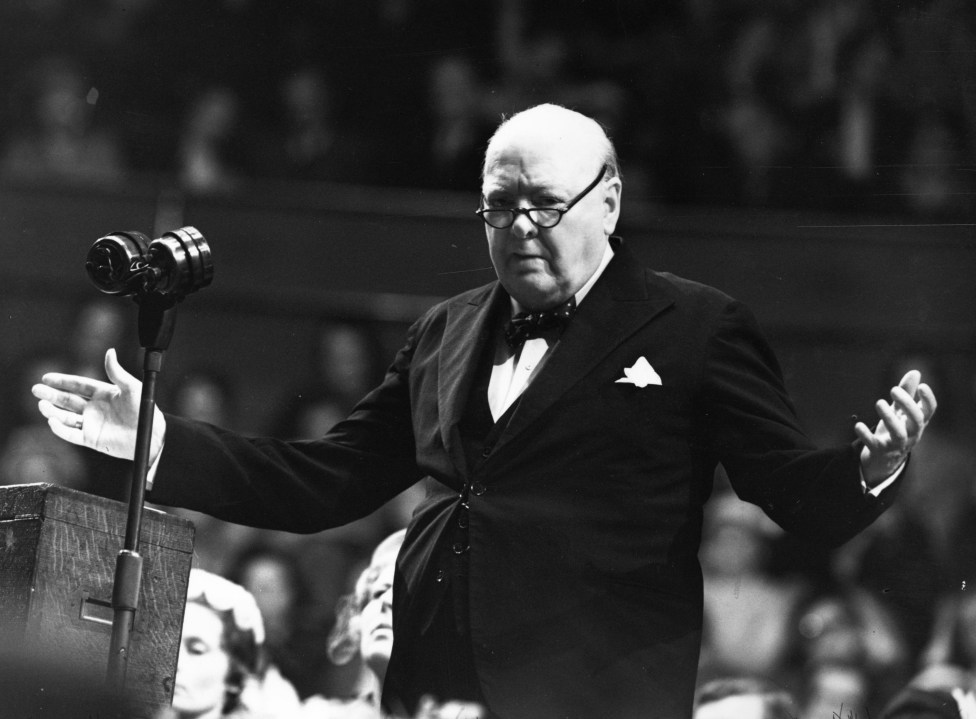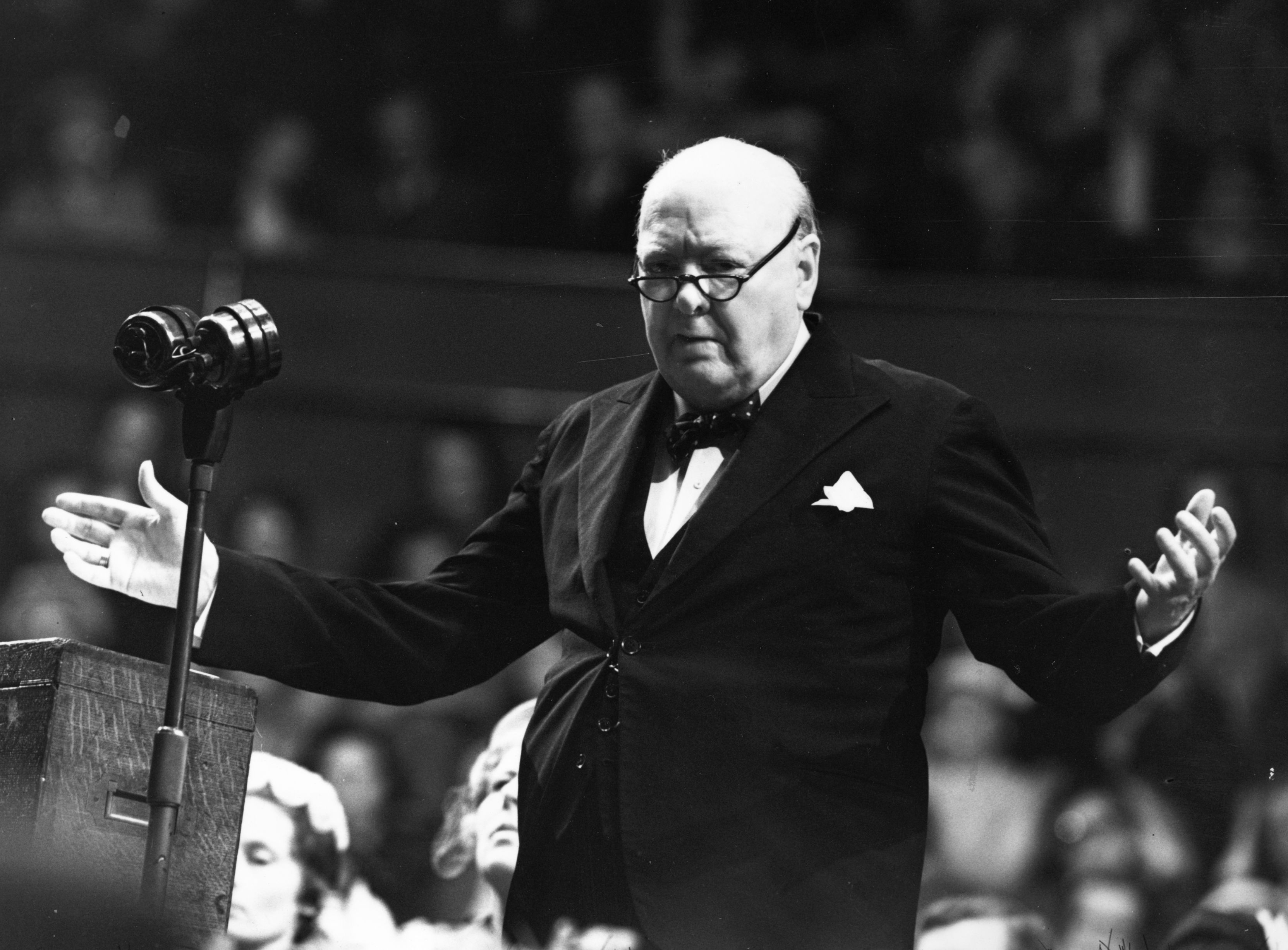Winston Churchill: hero or villain? That was the question the BBC asked on its website on 10 June. It caused outrage in some quarters, but was Auntie taking its revenge for the humiliation it suffered at Churchill’s libertarian hands during the second world war?
In the summer of 1940, a movement was launched in Britain called the ‘People’s Convention’, which brought together a disparate alliance of Marxists, socialists and pacifists. Among its most prominent backers were Robin Page Arnot, Harry Pollitt, and Willie Gallacher, all veteran communists. The Convention held its inaugural rally in London on 12 January 1941, attended by over 2,000 delegates, and one of them, a Mr Warman of Coventry, declared that ‘the policy of the government was not in the interests of the people but of the wealthy’.
Several figures from the artistic world were sympathetic to the causes of the People’s Convention, among them the actor Michael Redgrave, the actress Beatrix Lehmann, the band leader Lew Stone and Sir Hugh Roberton, the conductor of the Glasgow Orpheus Choir. The response of the BBC was to ban any artist who had expressed support for the Convention. ‘The BBC sent me a letter saying they wanted to see me on a matter of utmost importance,’ Redgrave told a reporter on 3 March.
‘Anything in the nature of persecution, victimization, or manhunting is odious to the British people’
After a day’s filming at Teddington studios, Redgrave presented himself to the broadcaster and was informed that ‘the governors of the BBC had decided that the People’s Convention was not in the national interest, or words to that effect, and that they would like to know where I stood. They said I could have time to think it over.’ A furious Redgrave replied that he didn’t need any time. ‘I said the People’s Convention was perfectly legal and constitutionally formed for the people of England to express their views, and unless the government suppressed it, it was not the business of the BBC to do so. I then said, ‘I take it you do not want me as a broadcaster any more?’ and they said that was so.’
The Musicians’ Union was firmly behind its banned members – one of whom, Sir Hugh Roberton was removed from the airwaves for his pacifist views – with a union official declaring that the BBC ‘was guilty of an unwarrantable infringement of the civil liberties of the individual’.
Churchill agreed and pressurised the BBC into rescinding the ban, which he announced to parliament on 20 March 1941. With the nation engaged ‘in its struggle for life’, the PM said he wouldn’t want to hear a member of the Convention expressing their political views over the airwaves; but he said it was unjust that an artist should be prevented from performing their talent simply on account of their political opinion. He also upbraided the BBC for firing two skilled technicians on the grounds that they were conscientious objectors.
‘The rights which have been granted in this war, and in the last, to conscientious objectors are well known,’ Churchill told parliament, ‘and are a definite part of British policy. Anything in the nature of persecution, victimization, or manhunting is odious to the British people.’
Churchill couldn’t resist adding a touch of levity to the solemn debate: ‘But I think we should have to retain a certain amount of power in the selection of the music, as spirited renderings of Deutschland über Alles would hardly be… ‘
Parliamentary reporters were unable to catch the last word because it was ‘lost in a gust of laughter’ that swept the House.
The response of the printed press to Churchill’s intervention was largely favourable. A leader in the Birmingham Daily Post on 21 March stated that the PM ‘has exerted himself to make the BBC behave reasonably. His statement on its change of attitude to artists who hold pacifist, Communist or other heterodox political views is inspired by that fairness and common sense in which the BBC has shown itself to be, in this matter, lamentably lacking. To proscribe an artist, as such, because of his politics, is not patriotism; it is persecution.’
All of which leaves one wondering whether that question on the BBC website shouldn’t be rephrased: The BBC: hero or villain?
Gavin Mortimer's book, The Greatest: how the world war two generation can help us overcome crises, will be published by Constable in October.








Comments